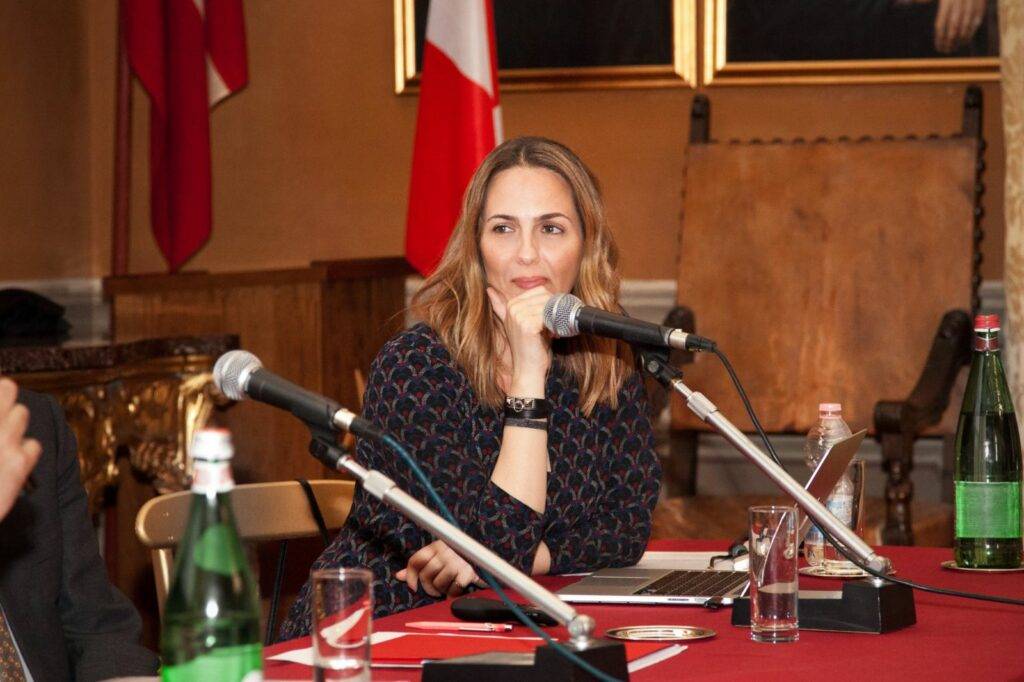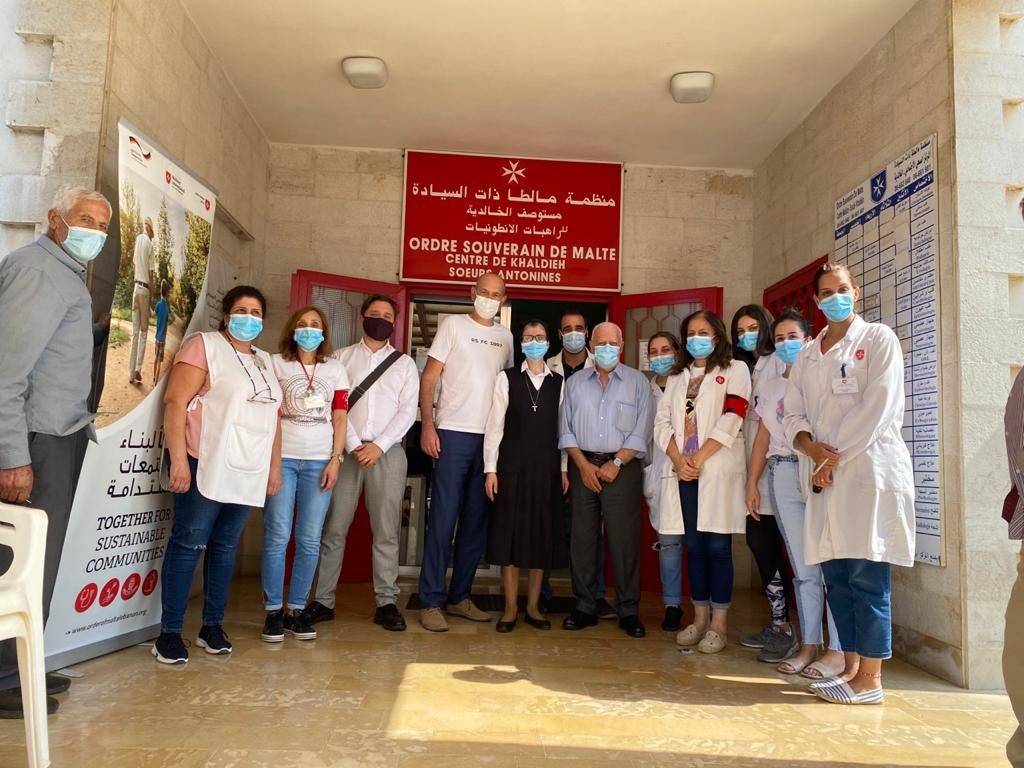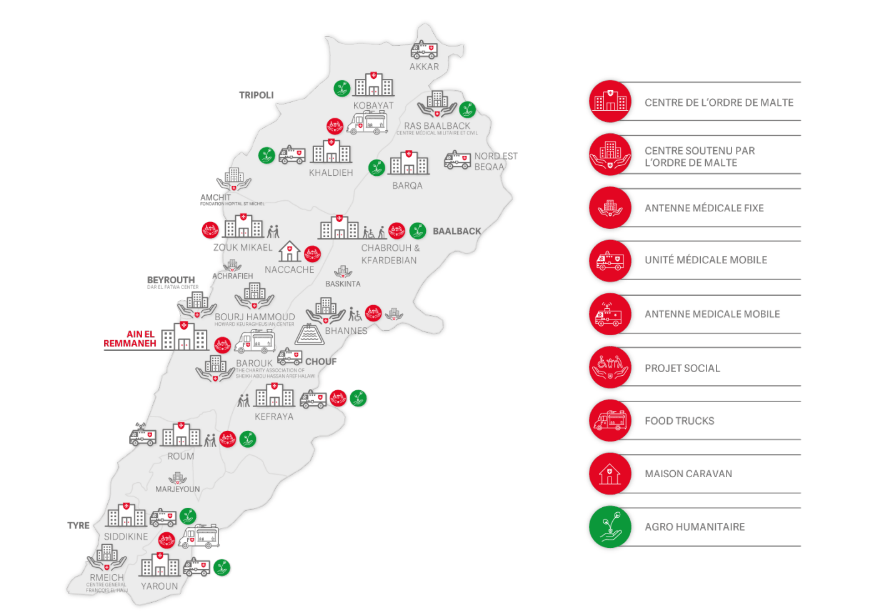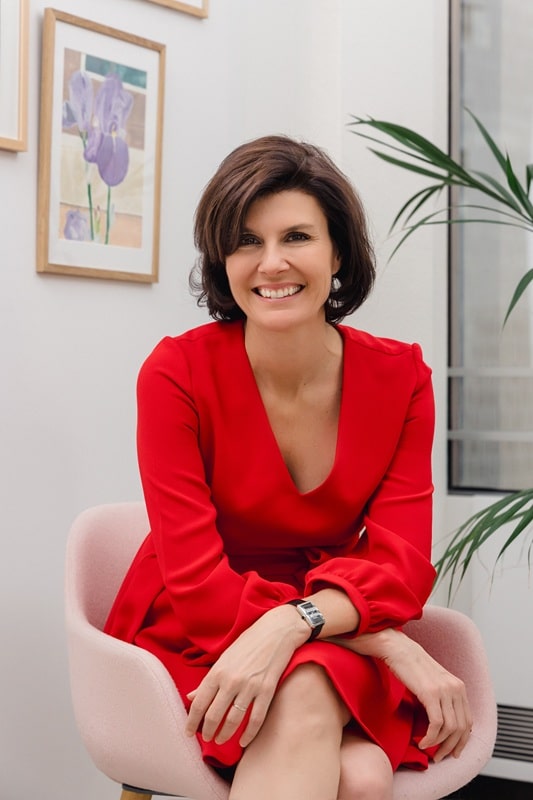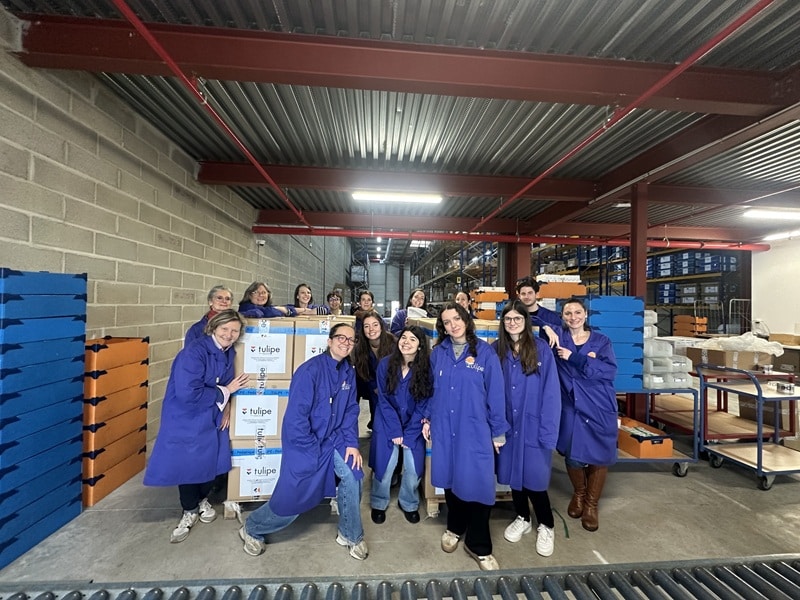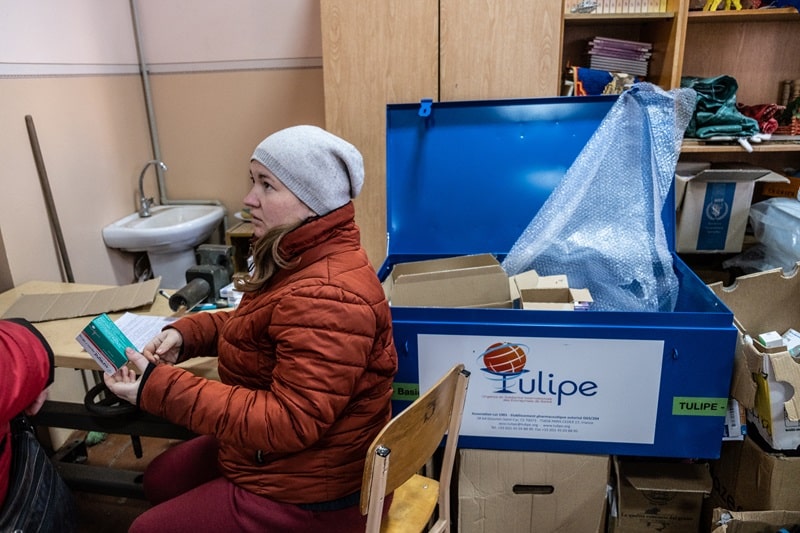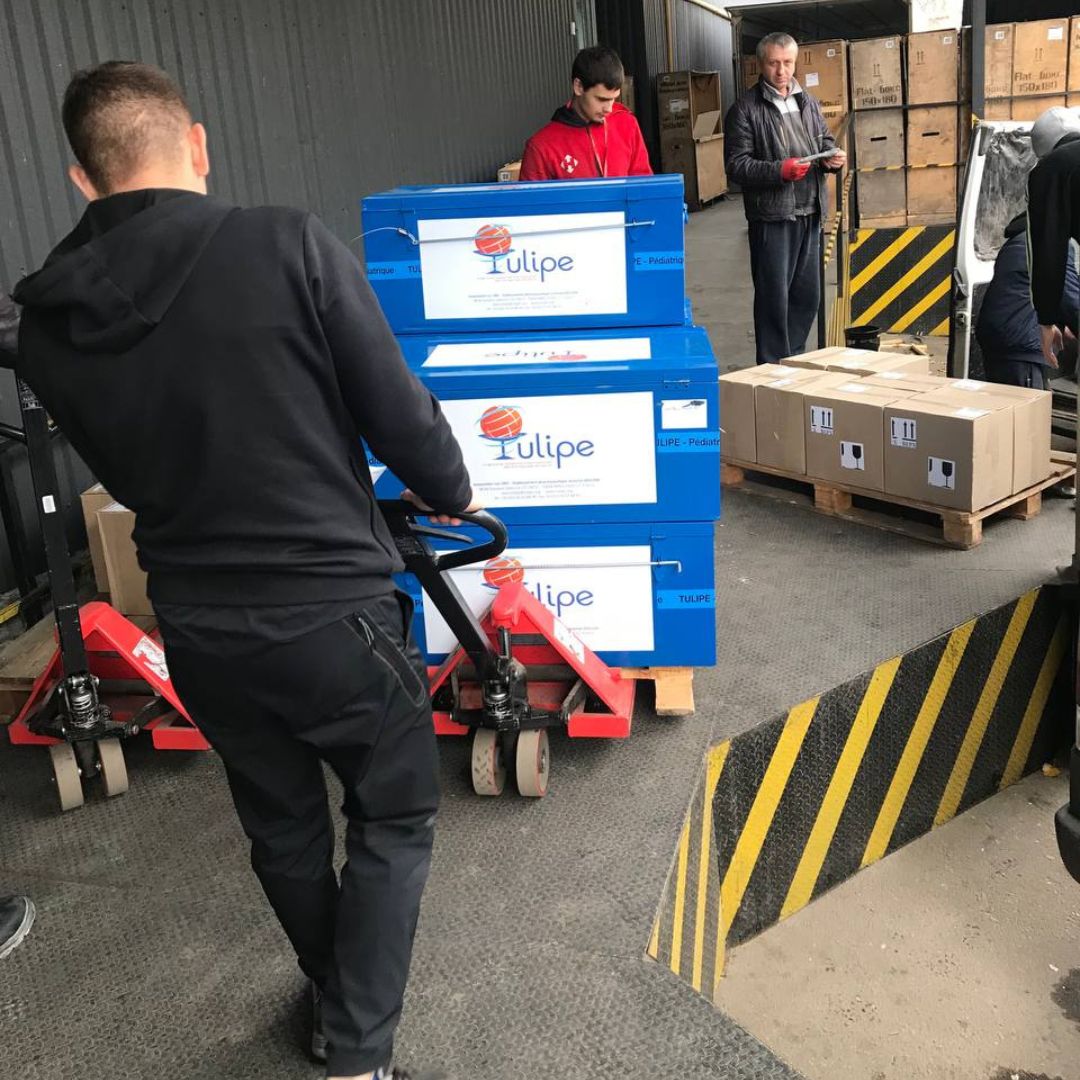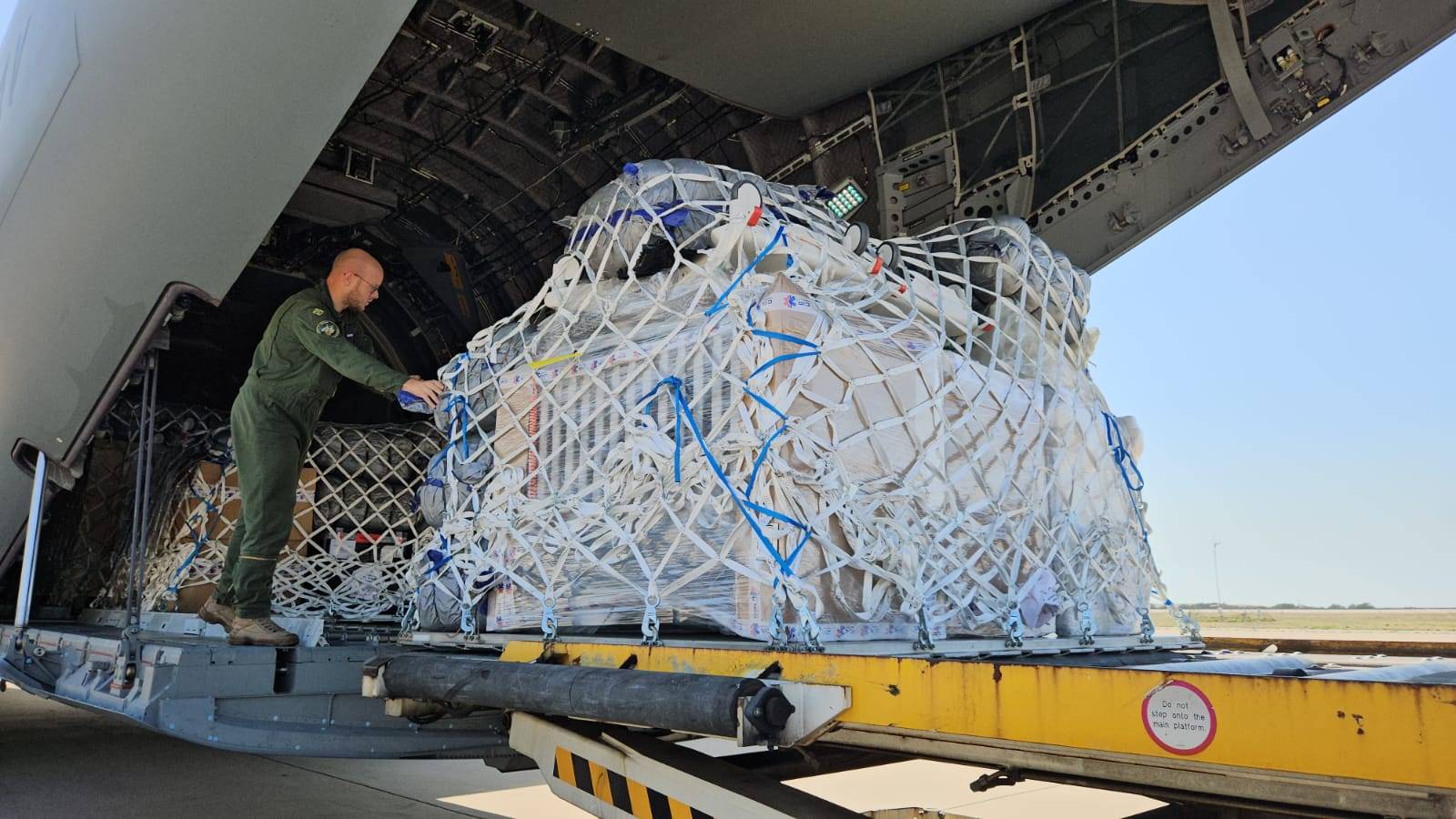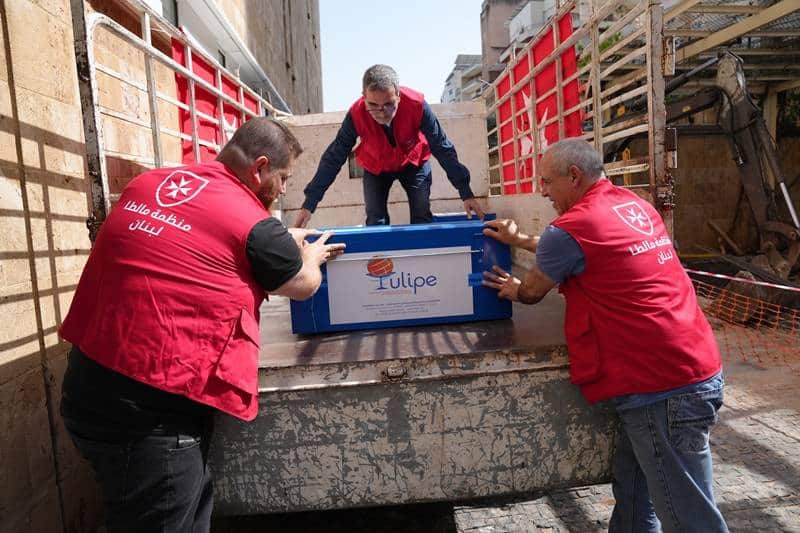Nearly two years ago, an explosion in the port of Beirut in Lebanon killed 218 people and injured more than 7,500. A tragedy that further weakened a country already hard hit by crises. It was at this time that a partnership was formed between the Order of Malta in Lebanon and the Tulipe association (Transfert d’Urgence de l’Industrie Pharmaceutique). Since then, French healthcare companies have provided ongoing support through Tulipe.
For example, at the beginning of June, a large donation of health products was sent to Lebanon, which will be used to supply the 11 primary healthcare centres run by the Ordre de Malte Liban. Oumayma Farah, head of communications for the Ordre de Malte Liban, and Alexandre Laridan, director of operations for the Tulipe association, provide an update on the situation.
“A donation of 1.9 tonnes of health products, representing 29,000 treatments, left our warehouses on 7 June”, explains Alexandre Laridan. These medicines and health products will be used to supply primary healthcare centres, including the brand new Saint-Jean-Baptiste centre, inaugurated last April. “This is our largest centre, with a central pharmaceutical depot that supplies all 11 health centres and the 7 mobile medical units in the Ordre de Malte Lebanon network. Spread over 1,000 squaremetres , it was built to European Union and WHO standards”, explains Oumayma Farah.
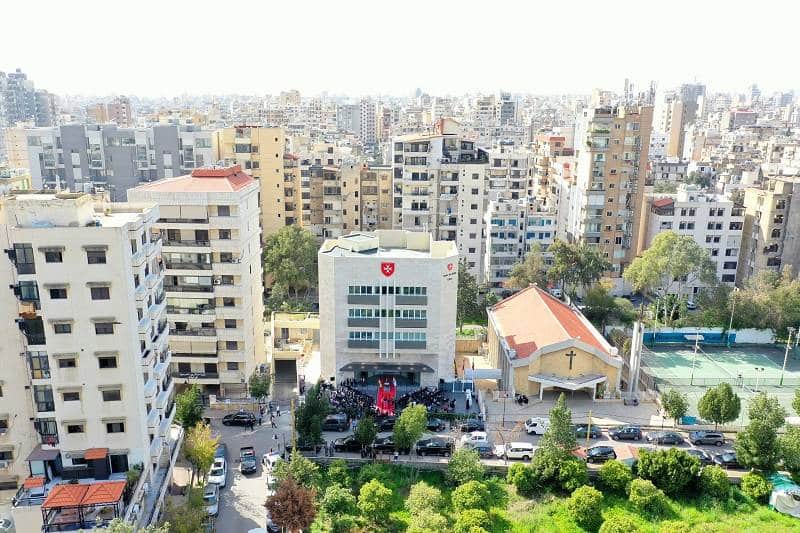
Ensuring a supply of medicines
The challenge for the Order of Malta’s teams in Lebanon is to ensure continuity of care by supplying its centres with medicines, in a context of exponential inflation and a Lebanese pound at rock bottom. The Order of Malta also has to obtain supplies abroad, as medicines cannot be found in Lebanon. As Oumayma Farah, head of communications for the Order of Malta in Lebanon, explains: “Because of this situation, people with minor health problems are avoiding treatment. They can no longer afford to spend money on medication, it’s becoming secondary. This is especially true for people with serious and/or chronic illnesses, who also face major difficulties in accessing care. Hence the importance of our primary healthcare centres, which provide a range of medical consultations in addition to medicines, many of which are unobtainable on the Lebanese market.
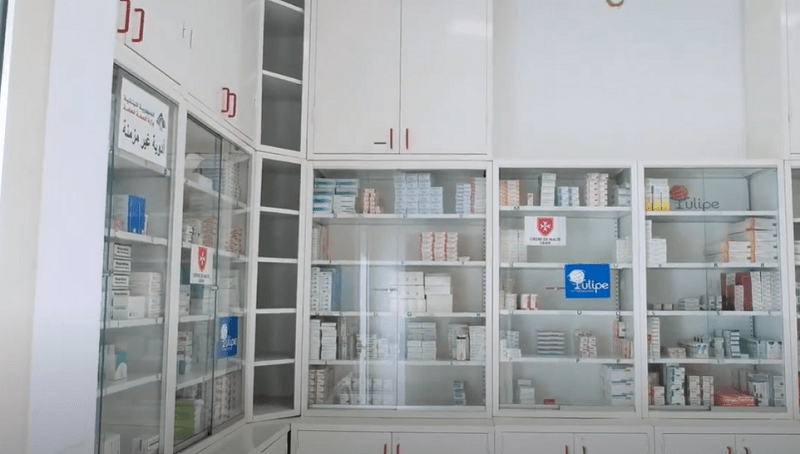
“The association secures a large proportion of our medicines”.
Continuous contact between Tulipe and the Order of Malta is more essential than ever to ensure the sustainability of the care centres in a context of widespread shortages. This is particularly the case for the Lebanese Ministry of Health, which used to supply medicines, especially chronic medicines and vaccines: “For us, it has been a providence to have succeeded in establishing this contact with Tulipe to cover these losses due to the shortage.
The association secures a large part of our drug supplies. This is all the more important as, following the crisis and the lifting of subsidies via the guaranteed pound/dollar exchange rate set by the Lebanese Central Bank, prices are incredibly volatile and drug importers are practically no longer supplying pharmacies for fear of making a loss. As a result, most medicines are no longer available in pharmacies, and when they are, they are often generics whose sources of supply are generally unreliable. Due to a lack of control by the Ministry of Health, which normally controls all medicines entering Lebanon, a parallel market is emerging. People go for the cheapest and unfortunately fall back on these solutions, which put their health at risk”, points out Oumayma Farah (pictured above).
Patrice Carayon, President of the Tulipe association, and Alexandre Laridan, the association’s Director of Operations, travelled to Lebanon to learn about the Order of Malta’s mission.
One million medical procedures by 2021
With its centres and mobile care units, the Order of Malta Lebanon’s aim is to maintain the standard of health of a population impoverished by the terrible economic crisis. Patients benefit from comprehensive care ranging from specialised consultations to vaccinations, dentistry and the dispensing of medicines, as well as consultations and examinations for oncological, neurodegenerative and psychiatric diseases. All for a token fee. The Ordre de Malte Lebanon assured L’Orient du Jour last April that “the milestone of one million medical and social services per year had been reached by 2021, all centres combined”.
Focus on the Order of Malta in LebanonThe current mission of the Order of Malta in Lebanon remains essential and is more relevant than ever. It consists of supporting “all vulnerable populations living in the country, all those who are ill and/or in need throughout Lebanon without distinction, including people with different potential, small farmers, the elderly, children, displaced persons and refugees”. Lebanon is also the country that hosts the highest number of refugees per capita: 1.5 million Syrian refugees, according to Lebanese government figures quoted by the OCHA in April 2022. The Order of Malta in Lebanon traces its origins back to 1048 with the foundation of the hospital in Jerusalem. There, the Hospitaller community already cared for the sick and took in the needy without “distinction of religion, origin or age”. In 1927, the Association des Œuvres Hospitalières Françaises de l’Ordre de Malte, known as “Ordre de Malte France”, was founded by the French Association of Members of the Order. A year later, the association was recognised as being in the public interest. The Sovereign Order of Malta’s presence in Lebanon dates back to 1955, with the beginning of diplomatic relations with the Republic of Lebanon, and the creation of an embassy in 1981. The Sovereign Order of Malta’s first Medical and Social Centre was inaugurated in 1957. As in all the countries where the Order of Malta operates, the Lebanese Association (Association libanaise des Chevaliers de Malte) was founded on 11 May 1984. Today, it runs a network of 40 different projects aimed at ensuring the well-being of individuals (map below). In 2021, the symbolic figure of one million medico-social acts was exceeded. All the Order’s activities are conceived and carried out in the same spirit: “to respect and protect the dignity of each person by caring for them, nurturing them and helping them to become empowered so that they can become a vector for positive change in their own community. This is achieved through an ever-growing range of services provided in all Lebanese regions, without discrimination or distinction”. (Credit Ordre de Malte Liban) |
